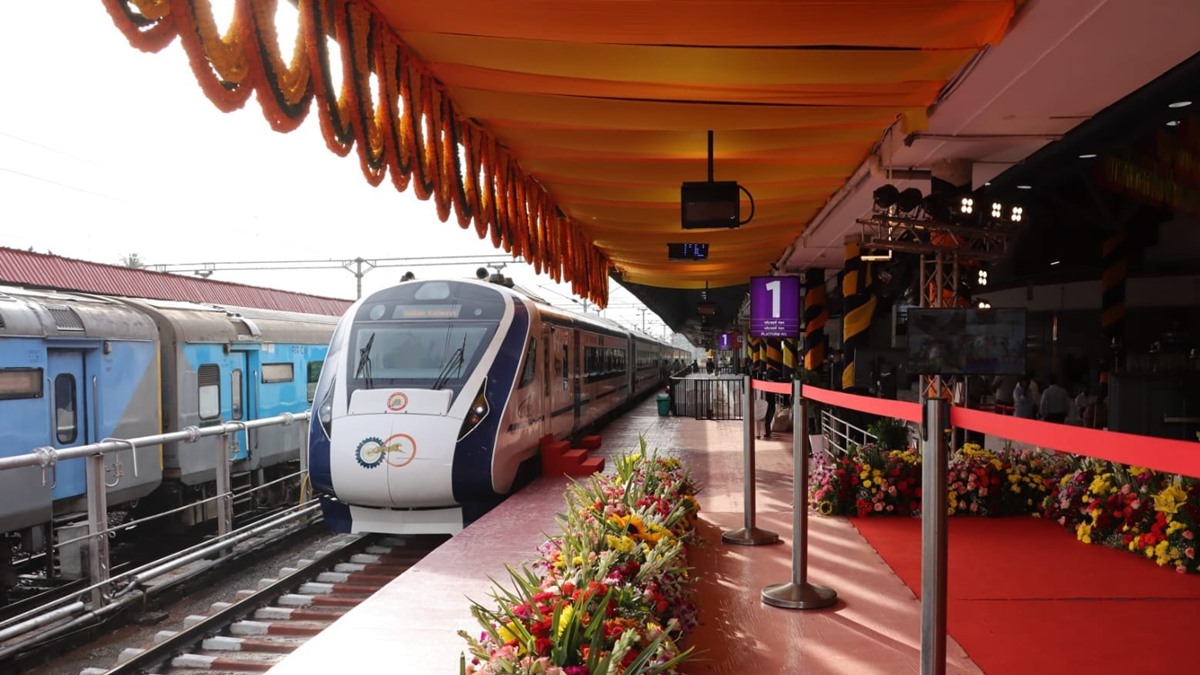White House briefings need change -spokesmen
WASHINGTON, May 3: Some call it theatre, some call it theatre of the absurd. The White House daily news briefing is a time-honoured tradition but several former press secretaries say it is in need of fine-tuning.
The problem, they say, is that the daily session has become a hostage to television cameras with both sides frequently posturing and sparring to the point that little actual news is imparted.
It means that tensions often flare in the venerable old briefing room, a cramped place of scuffed carpets, chairs that seem on the verge of collapse and a general air of fatigue and overuse that surprises visitors.
''The press briefing today I believe has lost much of its usefulness,'' said Marlin Fitzwater, who was a press secretary for both Ronald Reagan and George H W Bush.
Said Mike McCurry, who was spokesman for President Bill Clinton: ''I think the televised theatrics have diminished the news quantity and that's the big problem.'' Ari Fleischer, President George W Bush's first press secretary, wrote in The Washington Post: ''Gone are the days when this daily session was a serious affair...'' Whether the daily briefing changes under the incoming press secretary, conservative Washington pundit Tony Snow, will say a lot about how much Bush is willing to shift his press strategy as he tries to pull out of a decline in the polls.
New White House Chief of Staff Josh Bolten told ''Fox News Sunday'' that it was worth considering putting an end to live television coverage of the briefing but no change seemed likely soon, if at all, with strong opposition anticipated from the broadcast media.
Fitzwater stuck to tradition in the late 1980s and early 1990s.
He permitted no live camera coverage but allowed videotaping of the first five minutes, with no sound. The tape could be used to support a TV reporter's story.
Without live coverage, ''both sides had some confidence that they were there to exchange information, not just to destroy each other,'' and if he said something he regretted, it would not be replayed over and over on cable news, Fitzwater said.
ACRIMONY
Fitzwater believes it is possible to have a 30-minute briefing, half of it live for television, half of it off camera. He said that would attract more regular White House print reporters, who find little value in the sessions and therefore frequently do not show up. As another way to rebuild relations with the press, Fitzwater said Bush should submit to more print interviews and allow more interviews with top officials because ''it would bring the print journalist back to the game.'' It was McCurry who allowed the briefings to be open to live coverage after broadcast reporters argued they were at a disadvantage.
His first one was during the eruption of the Clinton scandal involving Monica Lewinsky, and no matter who has been at the podium, the briefings have often been acrimonious.
With the rise of CNN and the Fox News Channel and the insatiable 24-hour demand for news from all media outlets, there has been a greater tendency to show the briefing live, and with it have come scenes of repetitive questions and repetitive answers that often fail to get much beyond the talking points.
''It first and foremost ought to be a place where you get information out the door so reporters can write about what the president is doing,'' McCurry said. ''By the time the briefing rolls around everybody knows what the news is, so it becomes a stage for spin.'' Larry Sabato, a political scientist and media expert at the University of Virginia, said the atmosphere is so adversarial, it doesn't serve anyone.
''It doesn't serve the White House and it makes a lot of Americans less friendly to the press,'' he said.
''The press has compensated for earlier passivity by being extraordinarily aggressive. The problem is that at no time have they found the golden mean,'' he said.
Ever since the rise of cable news, the 24-hour news cycle and the demand for live coverage, press secretaries have had a high exhaustion rate, typically remaining in the job only about two years, compared to Fitzwater's six.
Bush's outgoing press secretary, Scott McClellan, joked that when he looked up at the taller Snow the other day at the White House, he told him: ''I used to be that tall too. That was before I started the job.''
REUTERS


 Click it and Unblock the Notifications
Click it and Unblock the Notifications




